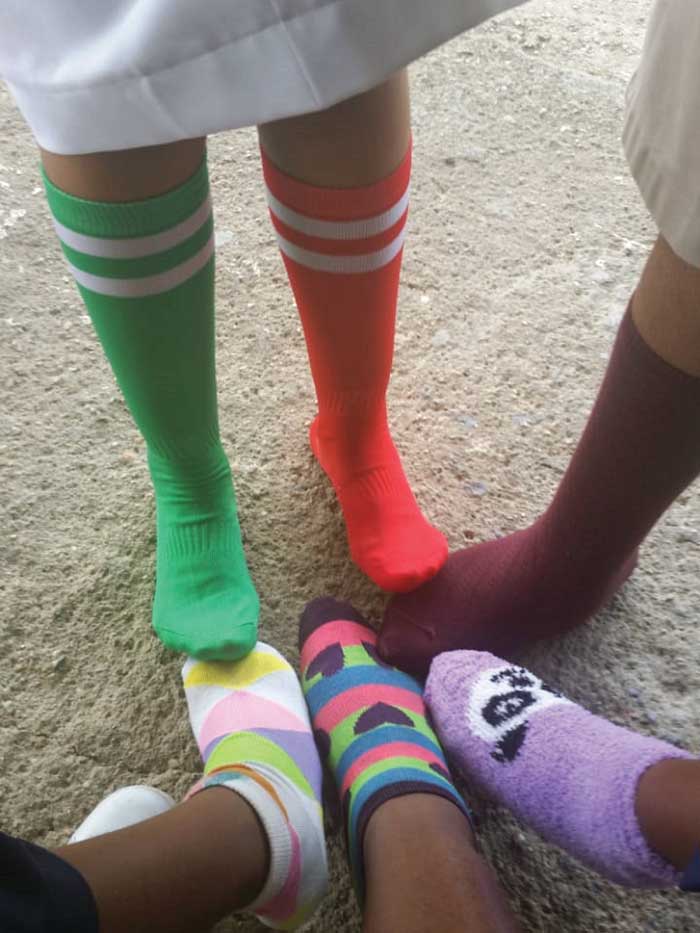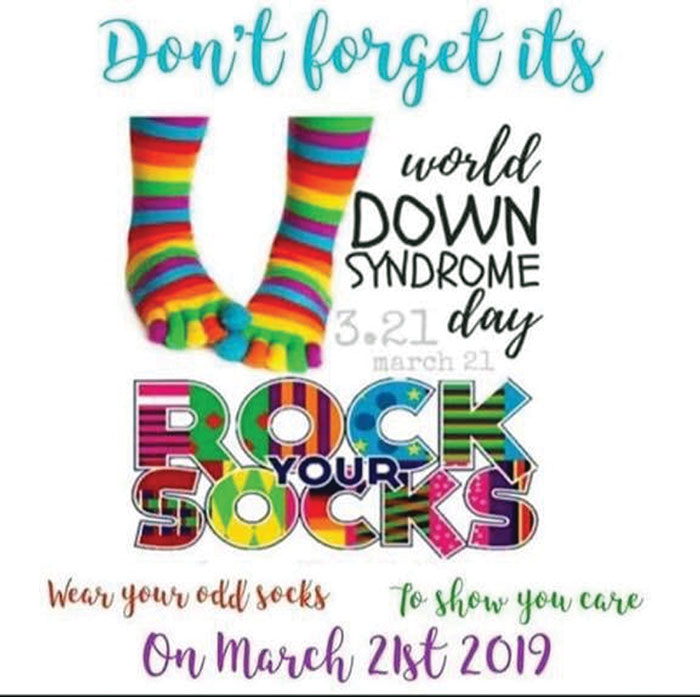In the South Eastern District of my country, Trinidad and Tobago, which is aspiring to have fully inclusive education, exists a small but dedicated group of individuals who have shown and educated me how to advocate for the rights of my child. They are a paid government group, but their love and dedication goes way beyond their official duties. The people in this group support a large number of children with special educational needs who study in mainstream schools, with compassion and dedication.

I have seen parents, including myself, walk into their office unscheduled, and be greeted in the most welcoming of ways. On occasions, like most parents of children with special educational needs, I would feel overwhelmed and frustrated, but a visit or phone call to them would quickly renew my spirit. I would be reminded of my responsibilities to advocate for my son to be accepted and recognised as an individual and of his constitutional right to an education.
With the assistance of these dedicated individuals, a support group was formed. Every parent who has a child who learns with the support of a teaching assistant in school, or is waiting for a teaching assistant to be assigned, is automatically enlisted in this support group. We usually meet once in every school term, or more often if a need arises. We used to meet once a month, but this was too challenging time wise for some parents. Presently we have approximately 110 enlisted parents in the group.
At the parents group meetings we catch up on the progress of our children, discuss any challenges we are facing and make plans for how we will take part in future advocacy events. It is an important forum where we talk with other parents who understand what it means to have a child who needs additional support at school. This helps us to understand what support we can ask for because our children have a right to it.
From the support of this parents group, I have learned that there is power in unity. If one of our children is being discriminated against – for instance by being denied entry to a school or being rejected from the school for not having a teaching assistant – if we stand united, it opens the way for discussion between both the school and the parents. Most often, you would find that it is either a lack of information or a lack of resources that is responsible for the discrimination. If a parent goes as an individual to challenge this, they would most likely be turned away and not be given the opportunity to be heard.

Some highlights from my advocacy journey
I have learnt that successfully advocating for my child can open doors and make life a little easier for other children with special needs in the future. In a sense, it is a way of paying it forward, sharing the support and making the world a better place for everyone. So, here are a few of my main ways of finding support, becoming an advocate, and including other children:
- If I see or know of a child who is being discriminated against, I will try to engage the parents in friendship. I then try to get them to visit the District Office, where I know they would be informed about their child’s educational rights and the opportunities available to them.
- Joining a support group is important. Here you learn that you are not alone in your struggles. You also learn that there are parents out there in even more difficult situations than you are. You learn to be thankful in whatever situation you find yourself. The leaders of the group usually always have updated or important information to share. Most importantly, you always have an understanding ear to listen to you on the days when you need a friend.
- A lack of knowledge about children who have special needs is the biggest challenge to ending problems associated with achieving inclusive education for all. In Trinidad and Tobago, we have the DSFN (Down Syndrome Family Network). To raise awareness we go out rocking multi-coloured and mismatched socks for World Down Syndrome Day. The DFSN also organises monthly networking meetings and conferences. On World Autism Awareness Day, many wear blue to show their support. In my district group, on International Disability Day, the teachers’ aides at the schools celebrate the children with appreciation speeches within the schools and/or the giving of tokens of appreciation to the children. There are many other awareness initiatives being organised by various groups, the objective being to keep the discussion about inclusion going, and increasing the awareness of our children’s abilities. This in turn, will hopefully open opportunities for our children.
As parents we must help our children to use their voices. We have to show them how to stand up for their rights, because we are the ones they learn from. But, as parents, we cannot always do it effectively without some kind of support system – be it family members or a community group. Education of not just the children, but everyone (community members, government officials, parents, etc), is the solution for achieving inclusive education for all.
Contact
Alicia can be contacted via the EENET office: info@eenet.org.uk
